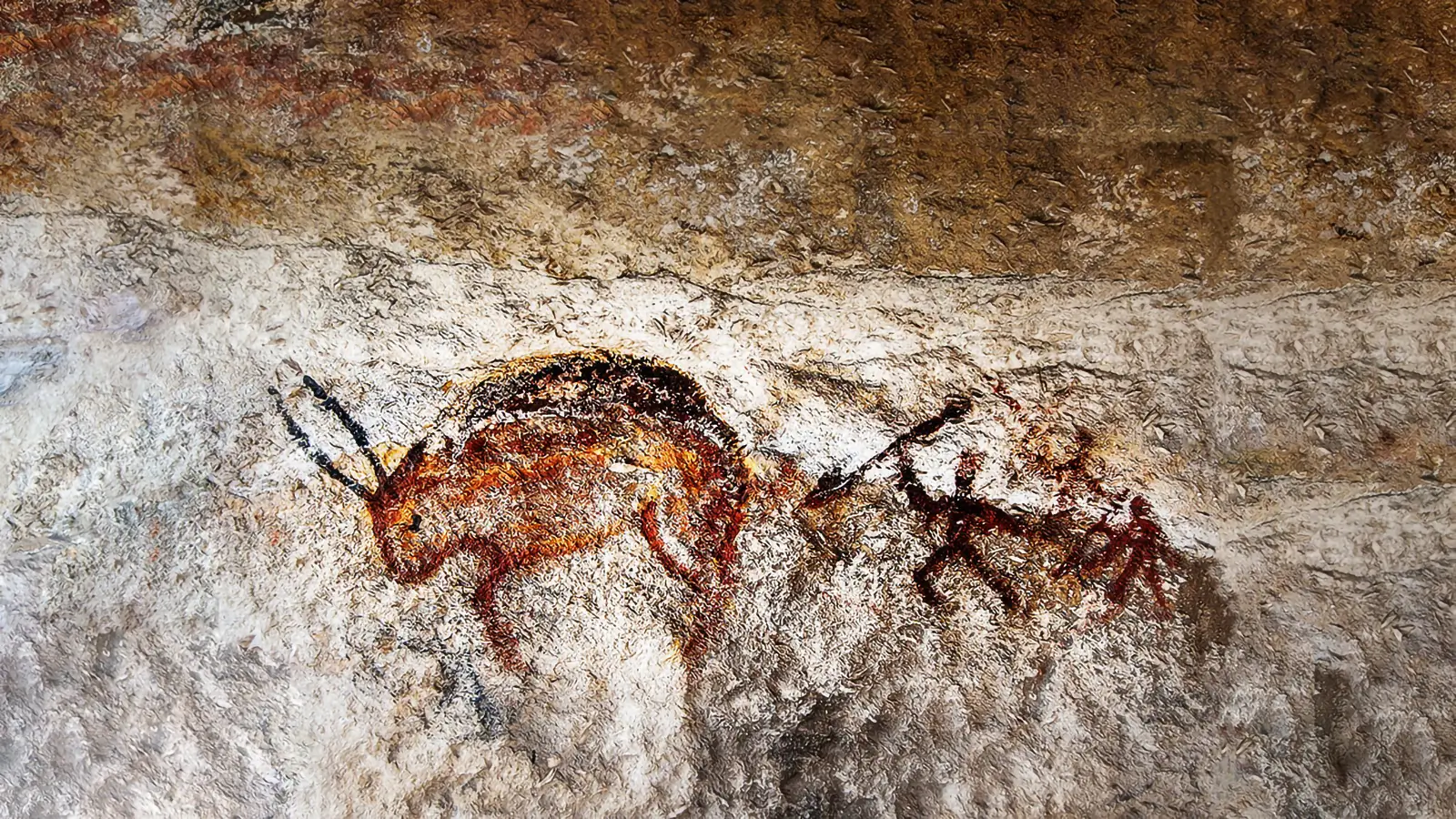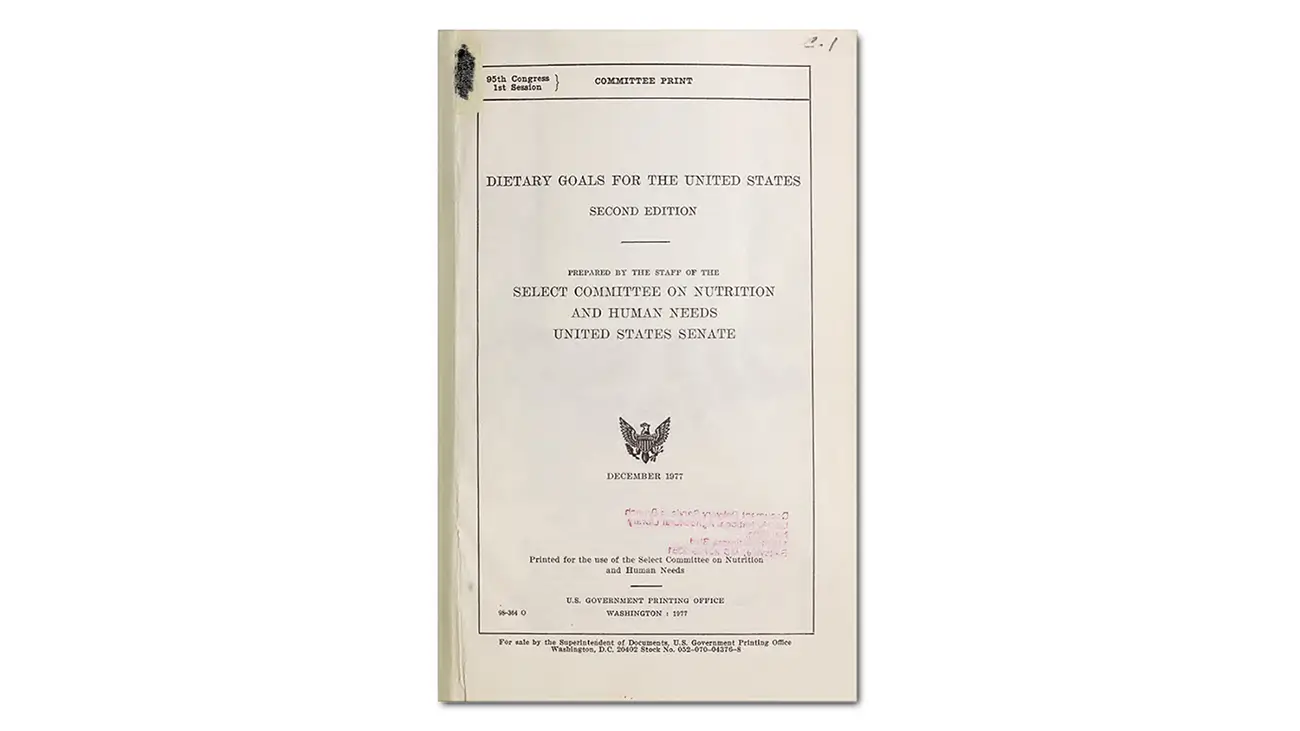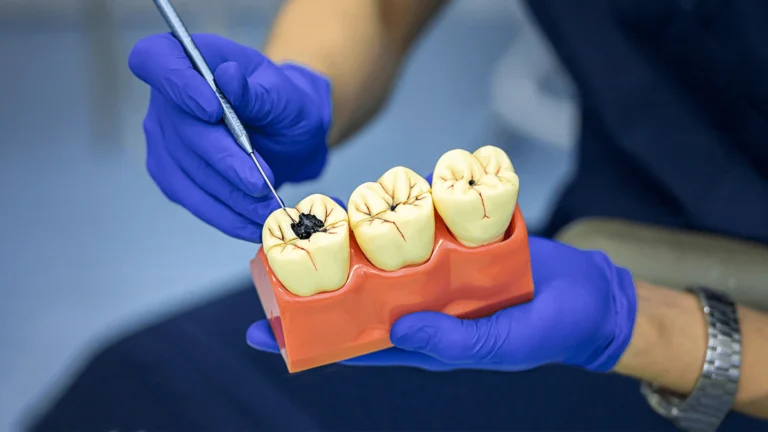驚異のオリーブオイルとして売り出された地中海ダイエットは、バターやラードの代わりになるという点を除いて、いかなる種類の油とも何の関係もありませんでした。
ミロス ポキミカ
によって書かれた: ミロス ポキミカ
医学的に検証した結果 Xiùying Wáng, M.D. 博士。
Updated 6月 9, 2023古き良き健康的な地中海食。バターやラードのような通常の飽和脂肪のようなさらに悪い選択肢を置き換えることができるという点を除いて、いかなる種類の油とも何の関係もない、不思議なオリーブオイルとして販売されました。まさに地中海食の父でさえもそう考えていました(キーズ、1987)。pubmed.gov にアクセスして地中海ダイエットを検索すると、約 5000 件の結果が表示されます。地中海食は、さまざまな国でさまざまな食事法が行われています。それはモロッコ、ギリシャ、スペイン、イタリア、あるいは他の場所かもしれません。
しかし、地中海食について話すとき、暗示されるのは第二次世界大戦後のクレタ島での食事です。また、次に来るのは大きな疑問です。なぜ地中海では心臓病がまれだったのでしょうか? 第二次世界大戦後のクレタ島の意味。
戦争と社会経済崩壊後の1948年、ギリシャ政府は栄養失調と国民の健康状態に懸念を抱いていた。クレタ島で疫学調査を行うことを目的に、ロックフェラー財団を招聘することを決定した。1952年、ミネソタ飢餓実験を担当した科学者アンセル・キーズは、心臓病の発症率の低さに感銘を受け、脂肪、特に飽和脂肪酸と心臓病との関連を調査した。当時、彼はコレステロールを問題視していなかったが、それは動物性食品が悪いということになるからである。食餌性脂肪と心臓病との関連は1930年代にはもっと早く観察されており、キーズの研究に影響を与えたが、クレタ島のデータから、彼は1953年にそれについての論文を書き、公表した。その5年後の1958年、キーズの懸念を調査するために、有名な7カ国調査が開始された(www.sevencountriesstudy.com)。1960年代までには、飽和脂肪が心臓病の一因であるという考えが一般的でした。クレタ島の人々の食生活は、後のこの研究のきっかけとなりました。1970 年に初めて 7 か国の研究が発表されました。現在、キーズ自身は100歳まで生きており、当時はコレステロールの混乱が信じてほしいような過激派ではありませんでした。同氏は、魚や鶏肉をもっと食べる代わりに、脂肪、つまり肉の脂肪や卵(少なくとも卵黄)や乳製品などの脂肪全般の摂取を減らすことを推奨した。彼は果物や野菜を単なる補助食品だと考えており、コレステロール値は約 200 でした。この数値は決して健康とは言えませんが、彼は 100 歳まで生きました。問題は、彼が他の医師と同じ体系の医師だったということでした。他の医師。
動脈硬化は病気であって、老化現象ではない。私たちはクレタ島のような場所で、貧しい人々の動脈を見たり血圧を測ったりすることができる。キーズはクレタ島の食生活の本当の真実を見ていなかった。彼は単なる脂肪だと考え、動物性タンパク質の問題に気づかなかった。動物性 タンパク質の相関 チャートでも無視されていました。彼は脂肪だけを指差して水を濁した。
しかし、それでも十分ではありませんでした。それさえもやり過ぎだった。1966年、ジョージ・キャンベルとトーマス・L・クリーブは「糖尿病、冠状動脈血栓症、サッカリン病」を出版しました。彼らは、心臓病、消化性潰瘍、糖尿病、肥満などの西洋の慢性疾患は、「精製炭水化物疾患」という一つのことによって引き起こされていると主張しました。それは終わりのない物語でした。それは今日に至るまで一度も止まらなかった。すべては嘘であり、その反対の嘘が突き付けられる。人為的に引き起こされたダイエット戦争と混乱。それは、病気を引き起こすお金で一般人を騙し、不幸の悪循環を作ることを除いて、70年間何も変わっていない優れた設計戦略でした。現代でも、それは昔と同じ操作の話です。たとえば、2001 年にサイエンス マガジンに掲載された「栄養学: 食事性脂肪のソフト サイエンス」というタイトルの記事で、ゲイリー トーベスは次のように書いています。
“「心臓病のリスクがまだ高くない人が、推奨レベル以上の飽和脂肪酸を摂取することで、早死にする可能性が高まるかどうかは、まだ議論の余地がある。”
70年後の人々は、地中海食はオリーブオイルのおかげで健康的だと考えている。これは中途半端な真実を示す好例である。イタリアンレストランは、スパゲッティ・カルボナーラとアルコールでヘルシーな地中海食料理として売り出している。当時のクレタ島の心臓病による死亡率は、アメリカの20%どころか20倍以上も低かった。中国の農村部やクレタ島、沖縄などのデータを統計的に見ると、これらの人々の食生活はシンプルで、互いに似ていることがわかる。起こっていることの真相を見抜けないとは、どれほど愚かなことだろうか?相当なレベルの教育を受けた科学者たちは、愚か者ではない。彼らは6桁の年収とボーナスを得ている。彼らは賢いのだ。私たちは違う。栄養科学は、地下深くの軍事推進システム研究所の秘密研究ではない。栄養学の分野では、意図的に本当の混乱を作り出しているだけで、本当の討論はない。.
では、第2次世界大戦後のクレタ島で彼らは何を食べていたのか?答えは同じだ。肉も卵も乳製品もない。果物や野菜、穀物、ナッツ、豆類といった貧しい人々の食べ物だけ。地元で育つもの。数字にすると、彼らは90%以上の植物性食品を食べており、肉、魚、乳製品、卵製品を合わせても7%ほどだ。オリーブはクレタ島で育つので、彼らはオリーブオイルの一部を食べたが、それはオリーブオイル食ではない。また、ワインダイエットでもない。ワインに健康的なものはない。生のブドウジュースを飲む方がいい。ギリシャの現状を見ると、どうだろうか?子供の肥満度はヨーロッパでナンバーワンだ。クレタ島もそうだ。景気が良くなるとすぐに、肉、チーズ、砂糖、アルコールがパッケージになってやってくる。そして喫煙も。ギリシャのタバコ消費率は40%を超えている。地中海食は、イタリア料理やギリシャ料理など、その土地特有の地中海食ではなかった。肉や卵、乳製品を抜いた貧困食であり、貧困や戦争に見舞われた場所での食事に似ている。ギリシャでは心臓病は稀なことだった。そうだった。今は違う。そして、クレタ島でさえ戦争があったとき、一部の裕福な人々は2週間に1度ではなく、毎日肉を食べるという意味の「普通の」食事をしていた。貧しさに打ちのめされた他の庶民とは違って、彼らには心臓発作も普通だった。今日、本物の地中海食を食べている人はもういない。植物性食品を主食とする今日の純粋な地中海食は、本当のホールフードではない。白い小麦粉、油と塩の摂取、アルコールが主流である。クレタ島では、工場で精製された白いパスタに、抽出された油とワインをたっぷり使ったソースは食べなかった。アルコールは、炎症や毒性を無視したとしても、乳がんの危険因子として知られている。それは健康を促進する食事ではない。まあ、今日の標準的なアメリカ料理と比較しなければ、健康増進のための食事ではない。つまり、地中海食は普通の食事よりは健康的だが、本当の自然な人間の食事ほど健康的ではないということだ。植物性食品を中心とした食事.
問題は、通常の普通の食べ物は、塩分と油がたっぷり含まれており、精製されていて美味しくないことです。 砂糖 だから、ほとんど誰もそれに固執しない。幼い頃から、私たちが食べ物だと思っているこれらの化学物質をすべて与えられるので、私たちは幼少期にそれらに中毒になり、本当の人間の食べ物とは何かという比較基準がなくなってしまう。だから貧乏人の食事療法が有効なのだ。動物性食品に由来するコレステロールや毒素、飽和脂肪酸を無視し、クレタ島の食生活の各要素を分析すると、心臓発作を予防するのは穀物ではないことがわかる。穀物はより中立的であり、食物繊維を含むホールフードであるため、肥満や糖尿病には影響しなかった。地中海食の個々の構成要素の中で、緑黄色野菜とナッツ類の摂取は、心血管疾患リスクの低下に最も効果があった。ナッツを食べるベジタリアンは、食べないベジタリアンよりも心血管疾患のリスクが低い。以下はその一つである。グアシュ・フェレほか、2013)「ナッツ摂取頻度の増加は、心血管リスクの高い地中海地域の人々の死亡リスクの大幅な低下と関連していた。」との結論を導き出しました。
ナッツには油分が多く含まれていますが、繊維質も豊富に含まれているため、肉や精製油の脂肪のように油はすぐには吸収されません。また、肉や油とは異なり、ナッツには抗酸化物質やその他の植物化学物質が豊富に含まれています。ナッツのもう1つの利点は、ナッツ油と組み合わせると、すでに健康な野菜に含まれている脂溶性化学物質の植物化学的吸収が増加することです。低脂肪にする必要はなく、ナッツや種子の摂取を避け、主にでんぷんを食べる必要はありません。私たちはでんぷんやナッツ、その他すべての食品を可能な限り幅広い種類で摂取する必要があります。これまで科学は、アレルギーを持つ人を除いて、種子やナッツの多量摂取と肥満を含む病気との相関関係を示していません。ただ反対。それらは、ほとんどどんな状況でも有益です。ブラジルナッツはセレンが豊富で、クルミはガンを予防します。亜麻仁に含まれるリグナンは、乳がんに対する最も防御的な化学物質の 1 つであり、脳の機能を高めるオメガ 3 油も豊富に含まれています。私たちの祖先は長い間、生のナッツや種子を食べていました。それらは、果物や穀物、若葉や他の緑葉野菜と同じように、私たちの自然食品です。
健康的な食事とは、私たちが進化し、食べることに適応してきたものです。それだ。
参考文献:
- キーズ A. (1987)。オリーブオイルと冠状動脈性心臓病。 ランセット (ロンドン、イギリス), 1(8539)、983–984。 https://doi.org/10.1016/s0140-6736(87)90337-0
- グアシュ・フェレ、M.、ブッロ、M.、マルティネス・ゴンザレス、M. Á.、ロス、E.、コレラ、D.、エストルフ、R.、フィト、M.、アロス、F.、ヴェルンバーグ、J. 、フィオル、M.、ラペトラ、J.、ビニョール、E.、ラムエラ=ラベントス、RM、セラ=マジェム、L.、ピント、X.、ルイス=グティエレス、V.、バソラ、J.、サラス=サルバド、 J.、および PREDIMED 研究グループ (2013)。PREDIMED 栄養介入試験におけるナッツ摂取頻度と死亡リスク。 BMC薬, 11, 164. https://doi.org/10.1186/1741-7015-11-164
栄養と健康について何か質問はありますか?
ぜひご意見をいただき、次回の投稿でお答えしたいと思います。皆様のご意見とご意見に感謝しており、すぐにご連絡をお待ちしております。私もあなたを招待します フォローする Facebook、Instagram、Pinterestでダイエット、栄養、健康に関するコンテンツをご覧ください。そこにコメントを残して、他の健康愛好家とつながり、あなたのヒントや経験を共有し、私たちのチームやコミュニティからサポートや励ましを得ることができます。
この投稿があなたにとって有益で楽しいものであり、学んだ洞察を生かす準備ができていることを願っている。この投稿が役に立ったと思われた方は シェアする 友人や家族など、その恩恵にあずかれるかもしれない人たちと一緒に。誰が健康の旅にガイダンスやサポートを必要としているかわからないのですから。
– あなたはおそらくそれも好きでしょう –

栄養について学ぶ
ミロス・ポキミカは、自然医学の医師、臨床栄養士、医療健康と栄養のライター、栄養科学アドバイザーです。書籍シリーズの著者 ビーガンに行きますか?科学の復習また、自然健康サイト「GoVeganWay.com」を運営している。
医療上の免責事項
GoVeganWay.com では、最新の栄養と健康関連の研究のレビューをお届けします。提供される情報は著者の個人的な意見を表すものであり、専門的な医学的アドバイス、診断、または治療に代わることを意図または暗示するものではありません。提供される情報は情報提供のみを目的としており、資格のある医師または医療提供者の相談、診断、および/または治療に代わるものとして機能することを意図したものではありません。GoVeganWay.com で読んだことや GoVeganWay.com を通じてアクセスしたことを理由に、専門家の医学的アドバイスを無視したり、医療治療を受けるのを遅らせたりしないでください。
認可された医師に相談する前に、GoVeganWay.com で読んだ内容の結果としてライフスタイルの変更や変更を決して適用しないでください。
医療上の緊急事態が発生した場合は、直ちに医師または 911 に電話してください。GoVeganWay.com は、内部で言及されている特定のグループ、組織、検査、医師、製品、手順、意見、またはその他の情報を推奨または承認しません。
編集者のおすすめ –
ミロス・ポキミカは健康・栄養ライターであり、栄養科学アドバイザーである。書籍シリーズの著者。 ビーガンに行きますか?科学の復習また、自然健康サイト「GoVeganWay.com」を運営している。
最新記事 -
トップヘルスニュース — ScienceDaily
- This simple diet shift cut 330 calories a day without smaller meals2月 5, 2026 に
People who switch to a fully unprocessed diet don’t just eat differently—they eat smarter. Research from the University of Bristol shows that when people avoid ultra-processed foods, they naturally pile their plates with fruits and vegetables, eating over 50% more food by weight while still consuming hundreds fewer calories each day. This happens because whole foods trigger a kind of built-in “nutritional intelligence,” nudging people toward nutrient-rich, lower-calorie options.
- Doctors may be missing early signs of kidney disease2月 5, 2026 に
Kidney disease often creeps in silently, and many patients aren’t diagnosed until major damage is already done. New research shows that even “normal” kidney test results can signal danger if they’re unusually low for someone’s age. By mapping kidney function across the population, scientists revealed who’s quietly at higher risk. A new online tool could help doctors catch these warning signs years earlier.
- Scientists just mapped the mutations that power cancer growth2月 5, 2026 に
Researchers have created the first complete map showing how hundreds of mutations in a key cancer gene affect tumor growth. By testing every possible mutation in a critical hotspot, they found that some changes barely boost cancer signals, while others supercharge them. When matched against real patient data, the map accurately predicted cancer behavior across tissues.
- Air ambulance teams are changing who survives critical injuries2月 5, 2026 に
Advanced care provided by air ambulance teams was linked to higher survival rates in major trauma patients. Researchers found that more people survived than predicted by standard models, including many with severe injuries and low chances of survival. Younger patients and those more responsive at first assessment benefited most. Outcomes for traumatic cardiac arrest also improved steadily over the study period.
- Two-month-old babies are already making sense of the world2月 5, 2026 に
At just two months old, babies are already organizing the world in their minds. Brain scans revealed distinct patterns as infants looked at pictures of animals, toys, and everyday objects, showing early category recognition. Scientists used AI to help decode these patterns, offering a rare glimpse into infant thinking. The results suggest babies begin learning and understanding far sooner than expected.
- New nasal vaccine shows strong protection against H5N1 bird flu2月 4, 2026 に
As bird flu continues to circulate in animals and spill over into humans, researchers are racing to stop it before it adapts to spread widely between people. A new nasal spray vaccine showed strong protection against H5N1 in animal tests, outperforming traditional flu shots. Because it targets the nose and lungs, it may prevent infection at the earliest stage.
- The overlooked nutrition risk of Ozempic and Wegovy2月 4, 2026 に
Popular weight-loss drugs like Ozempic and Wegovy can dramatically curb appetite, but experts warn many users are flying blind when it comes to nutrition. New research suggests people taking these medications may not be getting enough guidance on protein, vitamins, and overall diet quality, increasing the risk of muscle loss and nutrient deficiencies.
パブメッド、 #ビーガンダイエット –
- Growth Trajectories in Infants From Families With Plant-Based or Omnivorous Dietary Patterns2月 5, 2026 に
CONCLUSIONS AND RELEVANCE: In this cohort study, infants from vegan households had growth patterns similar to those from omnivorous households, with a higher odds of early underweight that decreased by age 24 months. In the context of developed countries, these findings seem reassuring. Further research should examine vegan diet quality and the impact of nutritional counseling during pregnancy and infancy in supporting optimal infant development.
- Diet type and the oral microbiome2月 2, 2026 に
CONCLUSION: The diet-oral microbiome-systemic inflammation axis is bidirectional and clinically relevant. Understanding both direct ecological regulation and indirect metabolic effects is essential to support precision nutrition strategies aimed at maintaining oral microbial balance and systemic inflammatory risk mitigation.
- Consensus document on healthy lifestyles1月 22, 2026 に
Proteins are a group of macronutrients that are vital to our lives, as they perform various functions, including structural, defensive and catalytic. An intake of 1.0-1.2 g/kg/body weight per day would be sufficient to meet our needs. Carbohydrate requirements constitute 50 % of the total caloric value and should be obtained mainly in the form of complex carbohydrates. In addition, a daily intake of both soluble and insoluble fiber is necessary. Regular consumption of extra virgin olive oil […]
- Vitamin B12 and D status in long-term vegetarians: Impact of diet duration and subtypes in Beijing, China1月 21, 2026 に
CONCLUSIONS: This study reveals a dual challenge among Beijing long-term vegetarians: vitamin B12 deficiency was strongly associated with the degree of exclusion of animal products from the diet (veganism), while vitamin D deficiency was highly prevalent and worsened with longer diet duration. The near-universal vitamin D deficiency observed in this study suggests that, in the Beijing context, the risk may extend beyond dietary choice, potentially reflecting regional environmental factors;…
- Iodine1月 1, 2006 に
Iodine is an essential trace nutrient for all infants that is a normal component of breastmilk. Infant requirements are estimated to be 15 mcg/kg daily in full-term infants and 30 mcg/kg daily in preterm infants.[1] Breastmilk iodine concentration correlates well with maternal urinary iodine concentration and may be a useful index of iodine sufficiency in infants under 2 years of age, but there is no clear agreement on a value that indicates iodine sufficiency, and may not correlate with […]
ランダムな投稿 –
おすすめの投稿 -
PubMed の最新情報、 #植物ベースの食事 –
- Plant-based protein consumption patterns among Saudi Generation Z: a cross-sectional study of dietary frequencies, health outcomes, and sustainable eating behaviorsによって Hala Hazam Al-Otaibi 2月 5, 2026 に
CONCLUSION: Plant-based protein consumption among this Saudi Gen Z convenience sample remains markedly lower than animal-based protein intake, indicating limited integration of legumes, nuts, and plant-based alternatives into routine diets. Higher consumption frequency was observed alongside lower BMI and greater engagement in sustainable eating behaviors, suggesting associations that warrant further study. However, the cross-sectional design limits causal interpretation, and consumption…
- Sex-specific effects of cereal-based diets on longevity and healthspan in Drosophila melanogasterによって Daria V Mikhailova 2月 5, 2026 に
Cereal grains contain bioactive compounds that may influence longevity. We investigated the effects of 20 cereal varieties on longevity and healthspan in Drosophila melanogaster, including triticale, bread wheat, durum wheats, ancient wheats, and regional varieties. Cereal-based diets exhibited sex-specific differences relative to cereal-free controls: females showed 3-13% longer lifespans while males exhibited reduced lifespans by up to 19%. In females, clear patterns were observed: […]
- Growth Trajectories in Infants From Families With Plant-Based or Omnivorous Dietary Patternsによって Kerem Avital 2月 5, 2026 に
CONCLUSIONS AND RELEVANCE: In this cohort study, infants from vegan households had growth patterns similar to those from omnivorous households, with a higher odds of early underweight that decreased by age 24 months. In the context of developed countries, these findings seem reassuring. Further research should examine vegan diet quality and the impact of nutritional counseling during pregnancy and infancy in supporting optimal infant development.
- From paddy soil to dining table: biological biofortification of rice with zincによって Lei Huang 2月 4, 2026 に
One-third of paddy soils are globally deficient in zinc (Zn) and 40% of Zn loss in the procession from brown rice to polished rice, which results in the global issue of hidden hunger, e.g., the micronutrient deficiencies in the rice-based population of developing countries. In the recent decades, biofortification of cereal food crops with Zn has emerged as a promising solution. Herein, we comprehensively reviewed the entire process of Zn in paddy soil to human diet, including the regulatory…
- Molecular Characterization of Tobacco Necrosis Virus A Variants Identified in Sugarbeet Rootsによって Alyssa Flobinus 2月 3, 2026 に
Sugarbeet provides an important source of sucrose; a stable, environmentally safe, and low-cost staple in the human diet. Viral diseases arising in sugarbeet ultimately impact sugar content, which translates to financial losses for growers. To manage diseases and prevent such losses from occurring, it is essential to characterize viruses responsible for disease. Recently, our laboratory identified a tobacco necrosis virus A variant named Beta vulgaris alphanecrovirus 1 (BvANV-1) in sugarbeet…
- Nutrition in early life interacts with genetic risk to influence preadult behaviour in the Raine Studyによって Lars Meinertz Byg 2月 3, 2026 に
CONCLUSIONS: Nutrition in early life and psychiatric genetic risk may interact to determine lasting child behaviour. Contrary to our hypothesis, we find dietary benefits in individuals with lower ADHD PGS, necessitating replication. We also highlight the possibility of including genetics in early nutrition intervention trials for causal inference.

















